Investing
Dividend King AbbVie Just Paid Investors: Here's How Much They Got
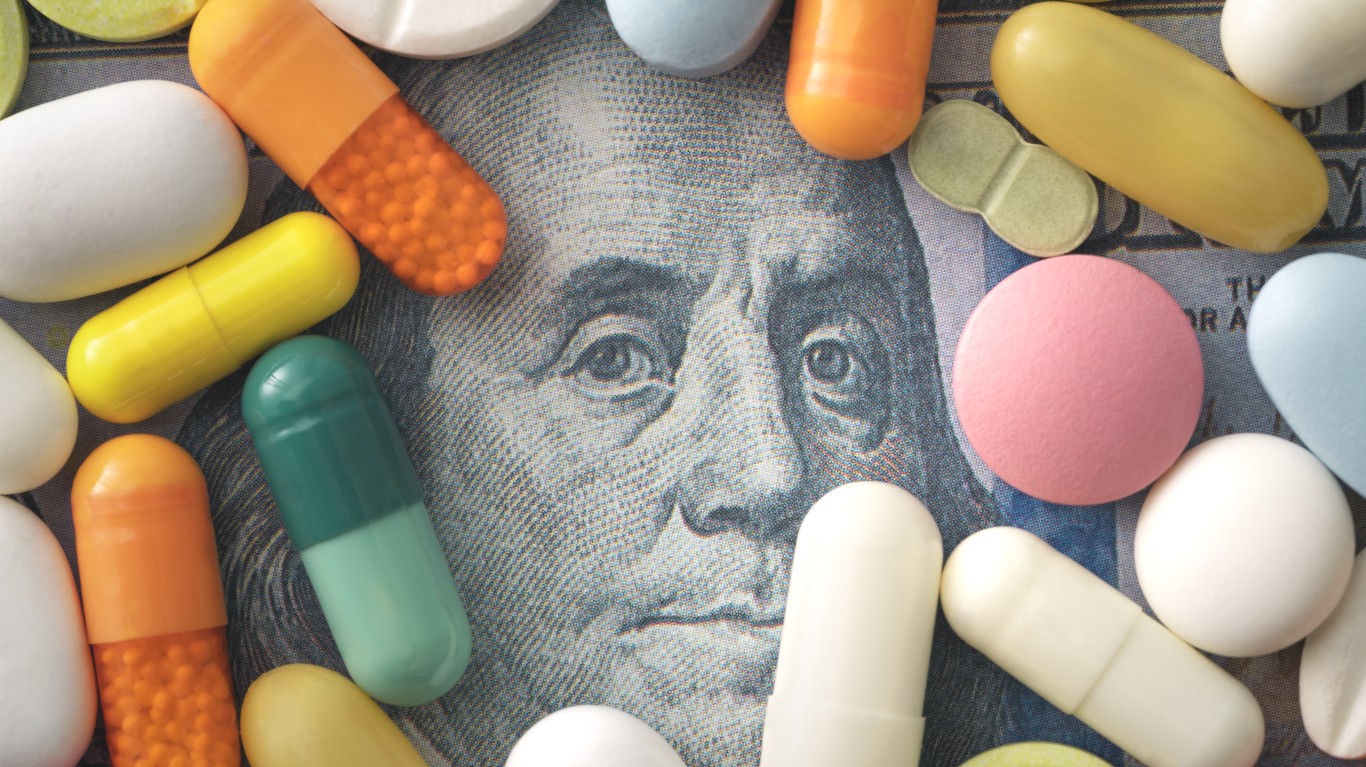
Published:

24/7 Wall St. Insights
AbbVie Inc. (NYSE: ABBV) is rewarding its shareholders once again with a quarterly dividend of $1.55, payable on Friday, Nov. 15. Disappointing trial results recently dragged the share price down from an all-time high. However, the dividend payment underscores the management’s commitment to delivering consistent value to investors.
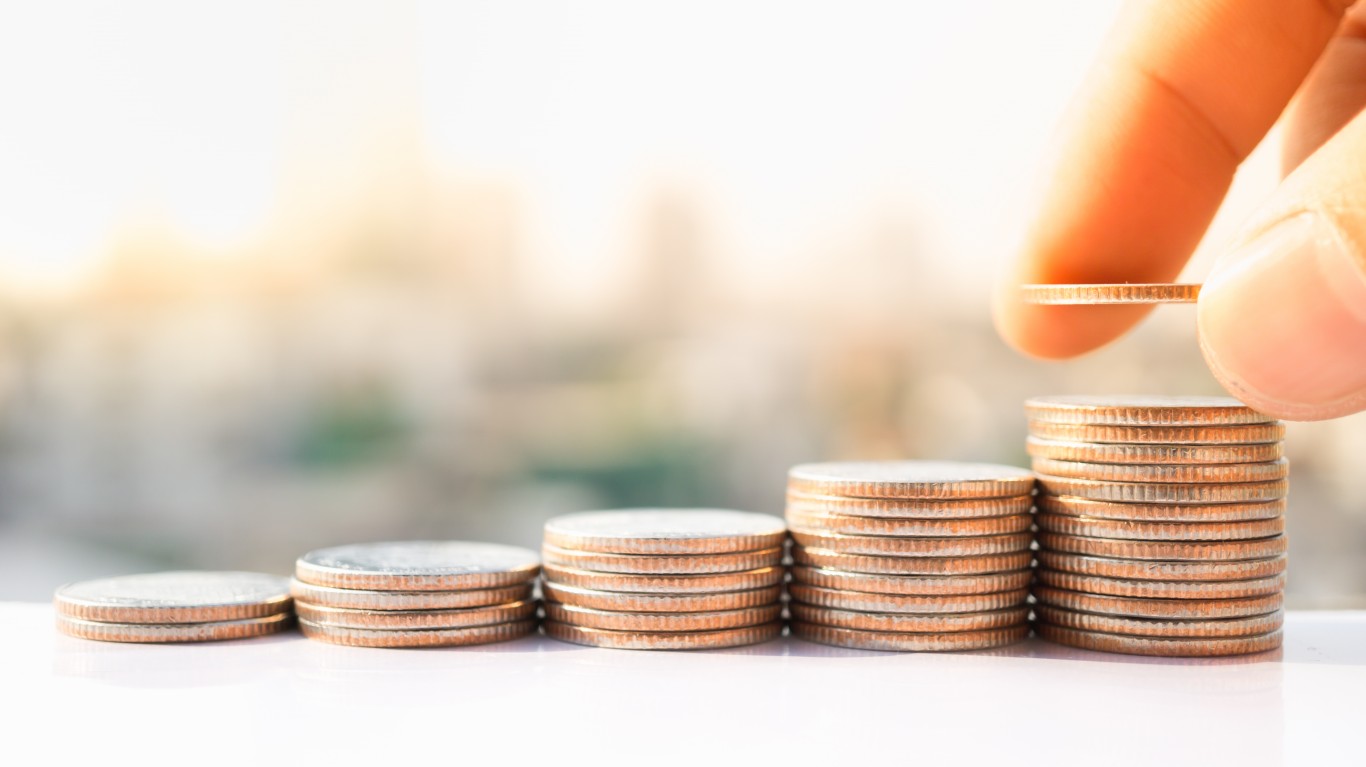
Investors favor dividend stocks for two main reasons. The first is that they offer enticing total return potential. Total return is a comprehensive measure of investment performance that includes interest, capital gains, dividends, and distributions realized over time. In other words, the total return on an investment or a portfolio consists of income and stock appreciation. It is one of the most effective ways to boost the prospects of overall investing success.
Dividend stocks can also provide investors with a steady, reliable stream of passive income. Passive income is money that is earned with little to no ongoing effort, usually from assets that generate cash flow. This income can come from a variety of sources, including stock dividends. Generating passive income is a desirable financial strategy for those seeking to diversify their income streams or achieve financial independence.
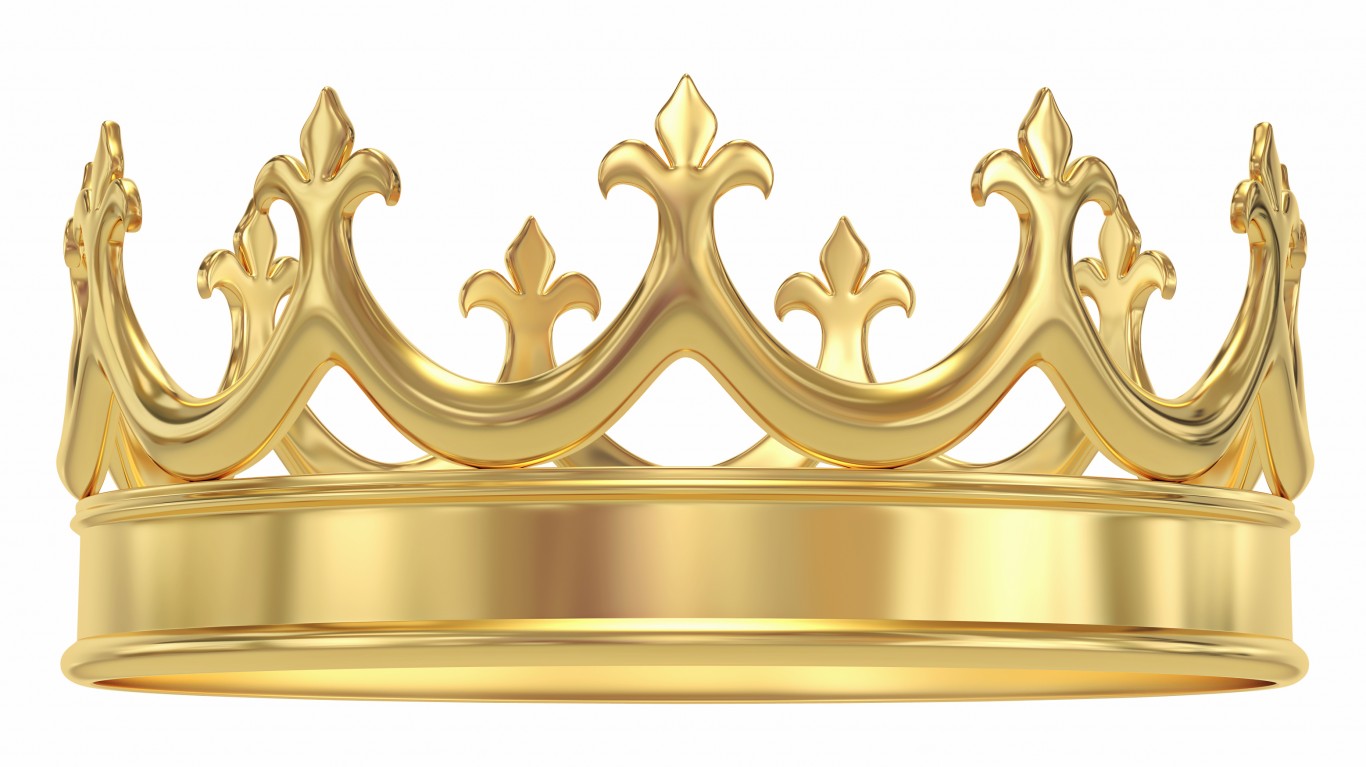
AbbVie has a reputation for having a stable and dependable dividend. It paid $0.40 per share in early 2013, after spinning out from Abbott Laboratories (NYSE: ABT). Abbott Labs paid a dividend of $0.14 back then. Including its time as part of Abbott Labs, AbbVie has increased its dividend annually for 52 years. That is well more than the 25 straight years of growth it takes for an S&P 500 member to become a Dividend Aristocrat. It makes the stock a Dividend King, a member of that exclusive group of stocks that have at least 50 consecutive years of dividend growth.
Since 2013, the AbbVie’s dividend has grown about 310%. The current dividend yield is 3.9%, which is more than the average yields of the pharmaceutical industry and health care sector. The share price has grown by about 214% since 2013 as well, offering investors growth along with the income.
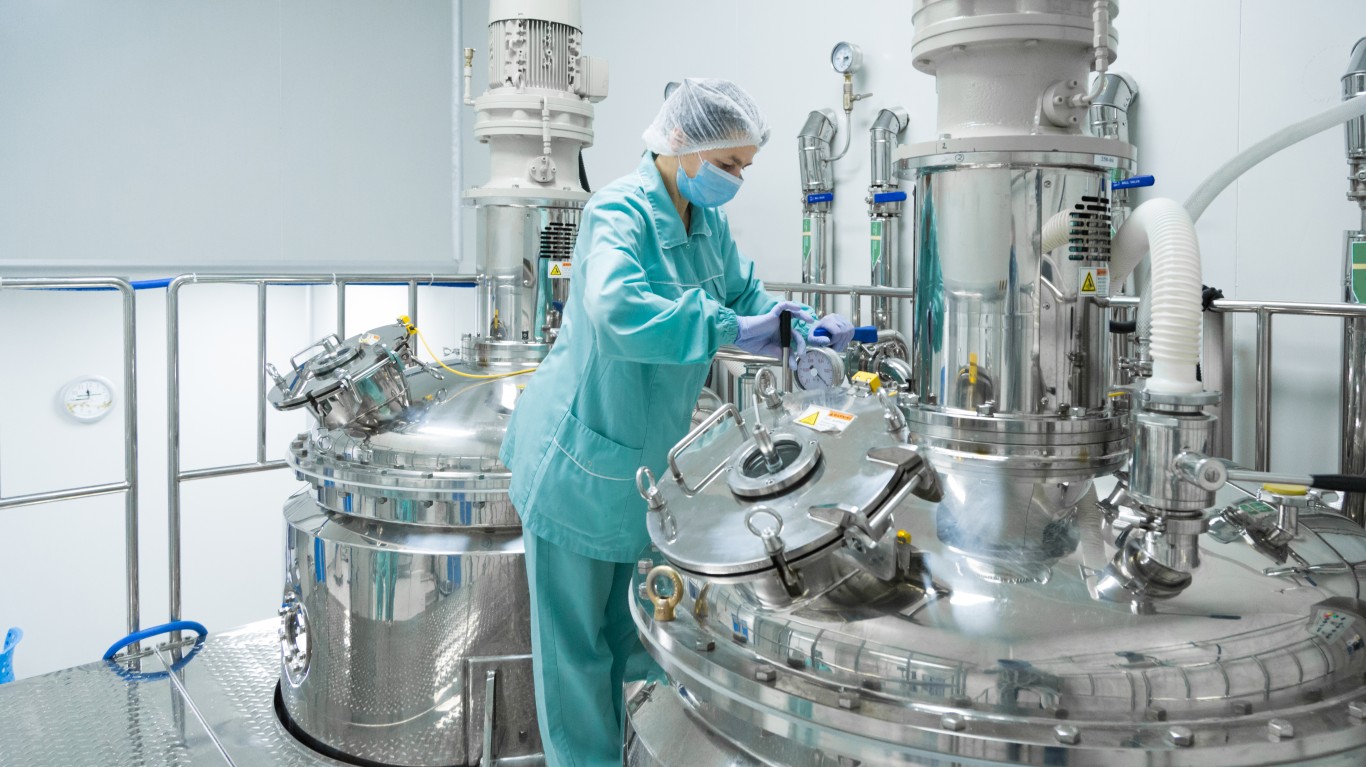
The company discovers, develops, manufactures, and sells pharmaceuticals worldwide. Its offerings include:
Its headquarters are in North Chicago, Illinois. The company was founded in 2012 and officially separated from Abbott Labs at the beginning of 2013. AbbVie competes with or is similar to Bristol-Myers Squibb Co. (NYSE: BMY), Eli Lilly and Co. (NYSE: LLY), Merck & Co. Inc. (NYSE: MRK), Pfizer Inc. (NYSE: PFE), and others.
The stock just took a hit from disappointing results from the phase 2 trial of a schizophrenia treatment. Before that, quarterly results were better than expected and came with a dividend hike payable this coming February. AbbVie also said it would pay $1.4 billion for Aliada Therapeutics and its Alzheimer’s treatment. Plus, it recently received FDA approval for its Parkinson’s treatment.
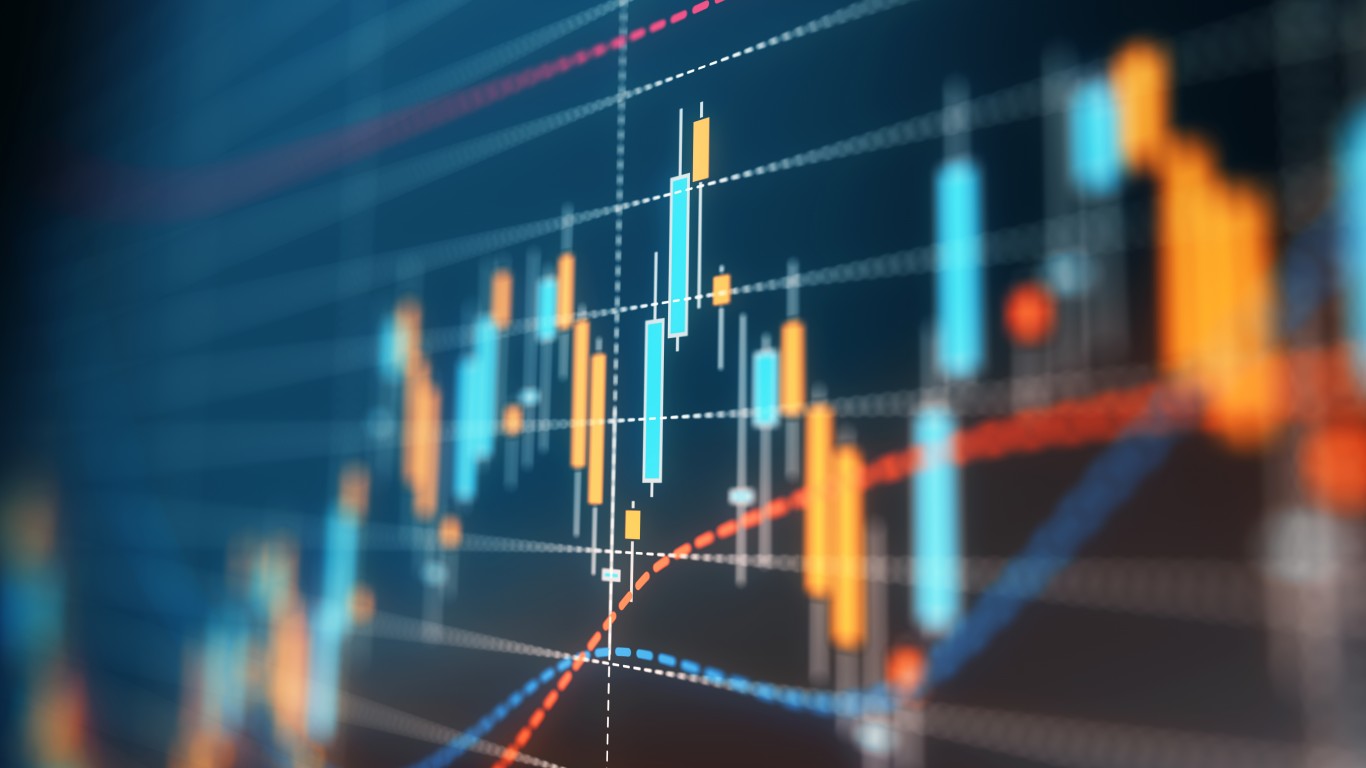
The share price is 87% higher than five years ago, more or less in line with the S&P 500 in that time. In the past week, the stock is down about 6%, while the S&P 500 is more than 2% lower. The recent all-time high of $207.32 per share is higher than the $205.62 consensus price target. Because of the pullback, that target signals more than 24% upside in the coming 12 months. Of the 29 analysts who cover the stock, 20 recommend buying shares. Citigroup and J.P. Morgan just reiterated Buy-equivalent ratings.
Institutional investors hold about 73% of the shares. BlackRock, JPMorgan, and Vanguard have notable stakes. Almost 1.8 million shares, or a bit over 1% of the float, are held short. Note that some executives parted with shares this past summer.
Three Dividend Kings to Buy for Big Long-Term Total Returns
After two decades of reviewing financial products I haven’t seen anything like this. Credit card companies are at war, handing out free rewards and benefits to win the best customers.
A good cash back card can be worth thousands of dollars a year in free money, not to mention other perks like travel, insurance, and access to fancy lounges.
Our top pick today pays up to 5% cash back, a $200 bonus on top, and $0 annual fee. Click here to apply before they stop offering rewards this generous.
Flywheel Publishing has partnered with CardRatings for our coverage of credit card products. Flywheel Publishing and CardRatings may receive a commission from card issuers.
Thank you for reading! Have some feedback for us?
Contact the 24/7 Wall St. editorial team.